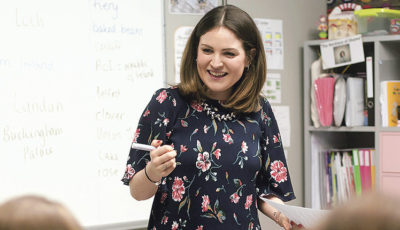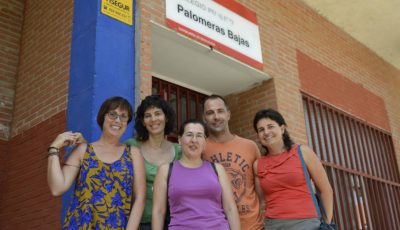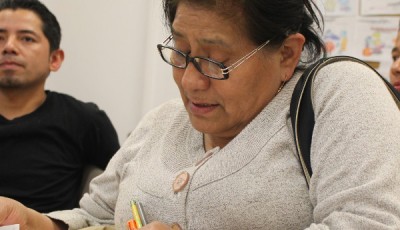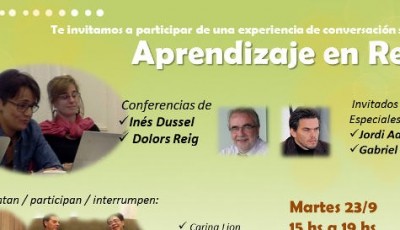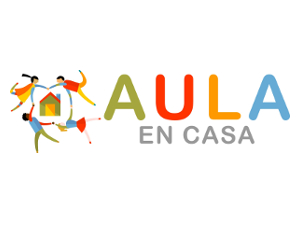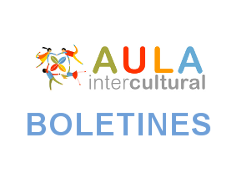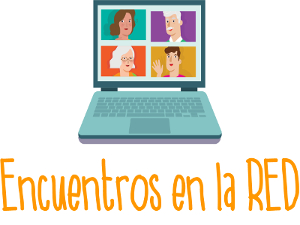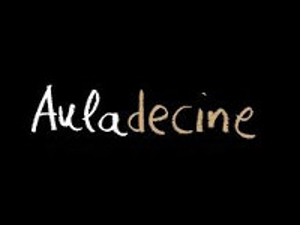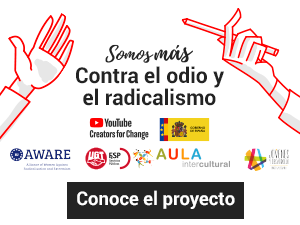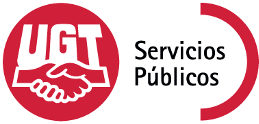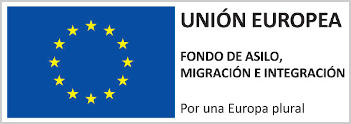2nd Conference of the International Association for Translation and Intercultural Studies. South Africa
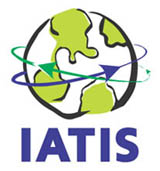 Intervention in Translation, Interpreting and Intercultural Encounters
Intervention in Translation, Interpreting and Intercultural Encounters
12th-14th July 2006
University of the Western Cape, South Africa
Translators, interpreters, and other intercultural communicators and commentators are indispensable mediators in processes involving the movement of people, ideas, technologies, and literatures between different places, cultures, languages, and even times. Their role can, however, also be described as one of intervention, which stresses a more-or-less self-conscious commitment to effecting change and determining outcomes in societal, cultural, economic and other encounters. This, the 2nd Conference of the International Association for Translation and Intercultural Studies (IATIS), aims to address issues of intervention in interlingual and intercultural encounters, asking, for example, how such intervention can be conceptualised and enacted? And if, following Hermans (2001), such encounters require the speaking subject to position itself in relation to, and at a critical distance from, a source text, does intervention grow as we take up positions that are in direct opposition to source texts? Or does maintaining the status quo not itself sometimes imply complicity with a position that may change the future for others?
Following the success of its inaugural conference in Seoul in 2004, the International Association for Translation and Intercultural Studies now invites proposals for papers and panels addressing the theme of Intervention in Translation, Interpreting and Intercultural Encounters. The Conference will welcome contributions in areas where the ethical and ideological dimensions of translation, interpreting and other intercultural practices have traditionally been a focus, as well as in areas where these dimensions have been addressed less explicitly, although they are always present. Contributions in the following areas are thus particularly encouraged:
Interpreting cultural interfaces
Translator and interpreter training
Language survival and nation-building/nationalism/transformation
Post-colonial acculturation and hybridity
The translation of literature (adult and children’s) as intervention
Oral literary traditions and folklore as intervention
Globalisation and localisation in the developed/ing world
Interpreting and the authentic voice
Interpreting silences
Corpus translation/interpreting studies
Forensic linguistics
Translation technology
The crisis of representation in Western theory
Contributions may be approached from a variety of disciplinary backgrounds including, but not restricted to: anthropology, corpus-based studies, cultural studies, gender studies, intercultural studies, interpreting studies, linguistics, literary theory, localisation, media studies, pedagogy, postcolonial studies, pragmatics, sociology, translation technology.
The conference will be held at the University of the Western Cape, Cape Town, South Africa and will be truly international in its outlook, while at the same time drawing on South Africa’s recent and rich experience of cultural and political transformation.

